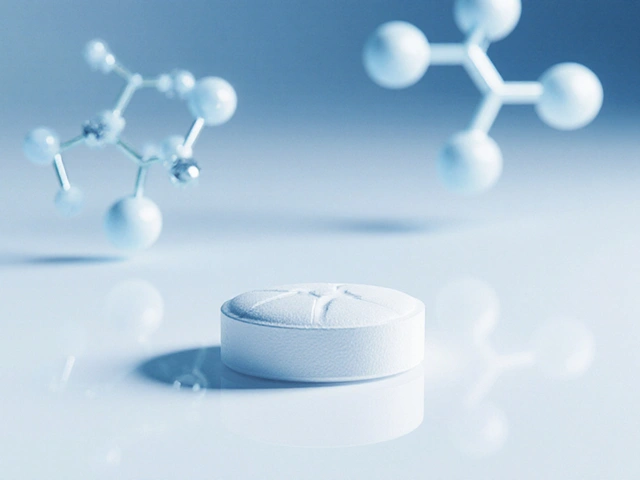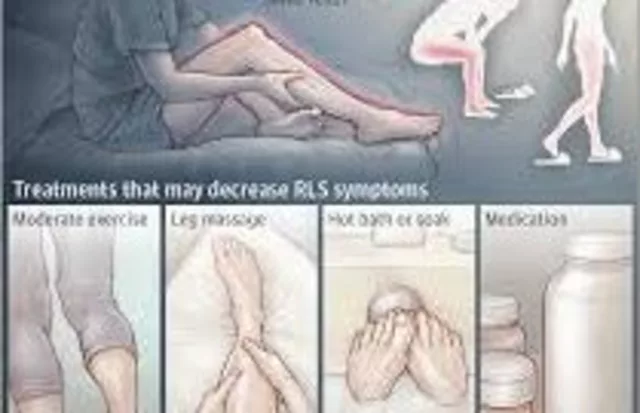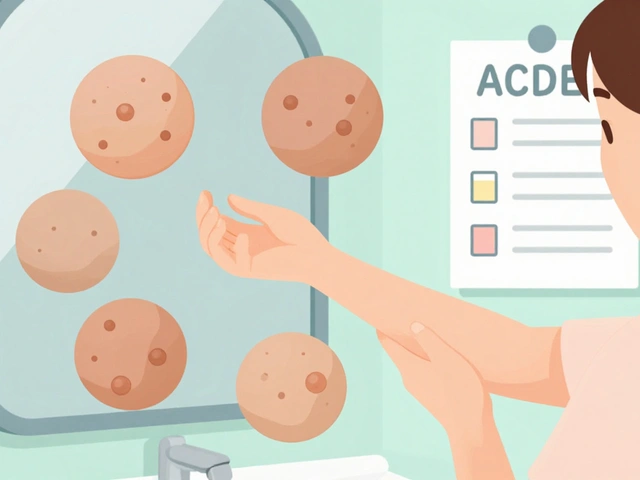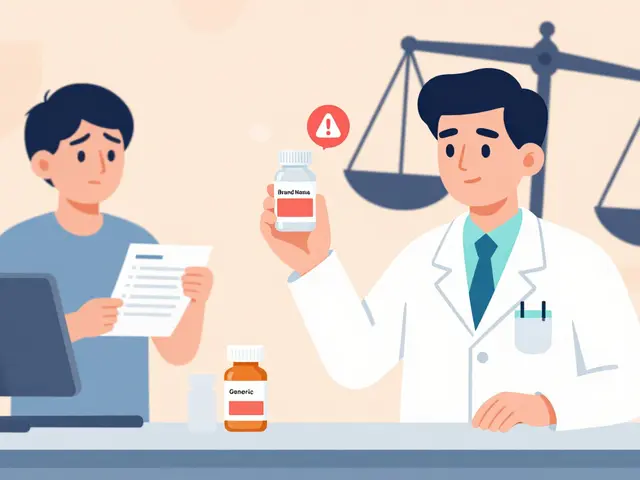Dental health: simple habits, meds that matter, and when to call your dentist
Bad breath, bleeding gums, or a dry mouth? These are not just annoyances — they can signal problems that affect your overall health. Good news: small, clear steps cut your risk of cavities, gum disease, and complications from certain drugs.
Daily routines that actually work
Brush twice a day with a fluoride toothpaste for two minutes. Use a soft brush and gentle strokes along the gum line. Floss once daily — yes, every day — to remove plaque between teeth where a brush can’t reach. If floss feels hard, try interdental brushes or a water flosser.
Rinse with a fluoride mouthwash if you’re prone to cavities, and chew sugar-free gum after meals to boost saliva. Limit sugary and acidic drinks (soda, fruit juice) and sip water instead. Eating whole foods like vegetables, cheese, and nuts helps protect enamel better than frequent snacking on sweets.
Medications and dental risks — what to watch for
Some medicines change your mouth. Dry mouth (xerostomia) is common with antihistamines, some antidepressants, certain blood pressure drugs, and diuretics. When saliva drops, cavity risk goes up. Combat this by sipping water, using saliva substitutes, and choosing xylitol gum.
Bisphosphonates — drugs for osteoporosis such as alendronate — can rarely cause jaw bone problems after dental surgery. If you take these drugs, tell your dentist before extractions or implants so they can plan care safely. The same goes for chemotherapy or strong immunosuppressants: they raise infection risk and may change healing times.
If you take antibiotics or need one for a dental infection, know there are alternatives if you’re allergic or a drug isn’t suitable. For example, dentists often choose from different antibiotic classes depending on the infection and your health history. Talk with your provider instead of guessing online.
Also, certain medicines can cause gum swelling (some blood pressure meds, anticonvulsants, and some immunosuppressants). If your gums start to grow or bleed more, tell your dentist and your prescriber — switching drugs or adjusting oral care often helps.
Before starting new long-term medications, schedule a dental checkup. Tell your dentist every prescription and over-the-counter drug you take. That short conversation can prevent issues later.
If you face a dental problem while on a complex medication (chemo, bisphosphonates, strong immunosuppressants), coordinate care. Your dentist and doctor can time treatments so you heal safely.
Regular dental visits (every 6–12 months) catch problems early. If you notice pain, swelling, pus, or loose teeth, call your dentist right away. Quick action often saves teeth and keeps infections from spreading to the rest of your body.
Want a quick checklist to bring to your next visit? List all medications and supplements, note recent surgeries or cancer treatments, and write any mouth symptoms with start dates. Handing that list to your dentist makes the visit fast and useful.
Small daily habits plus clear communication with your dentist and doctor go a long way. Look after your mouth — it helps protect the rest of you.

Enalapril and Dental Health: Tips for Oral Care
As a blogger, I recently came across the topic of Enalapril and its impact on dental health. Enalapril, a medication commonly used to treat high blood pressure, has been linked to certain oral health issues such as dry mouth, gum swelling, and taste disturbances. To maintain good oral hygiene while taking Enalapril, it is essential to drink plenty of water, practice regular dental care, and visit your dentist for check-ups. If you experience any side effects, don't hesitate to discuss them with your healthcare provider. Remember, taking care of your dental health is crucial for overall well-being, especially when on medications like Enalapril.
View More



